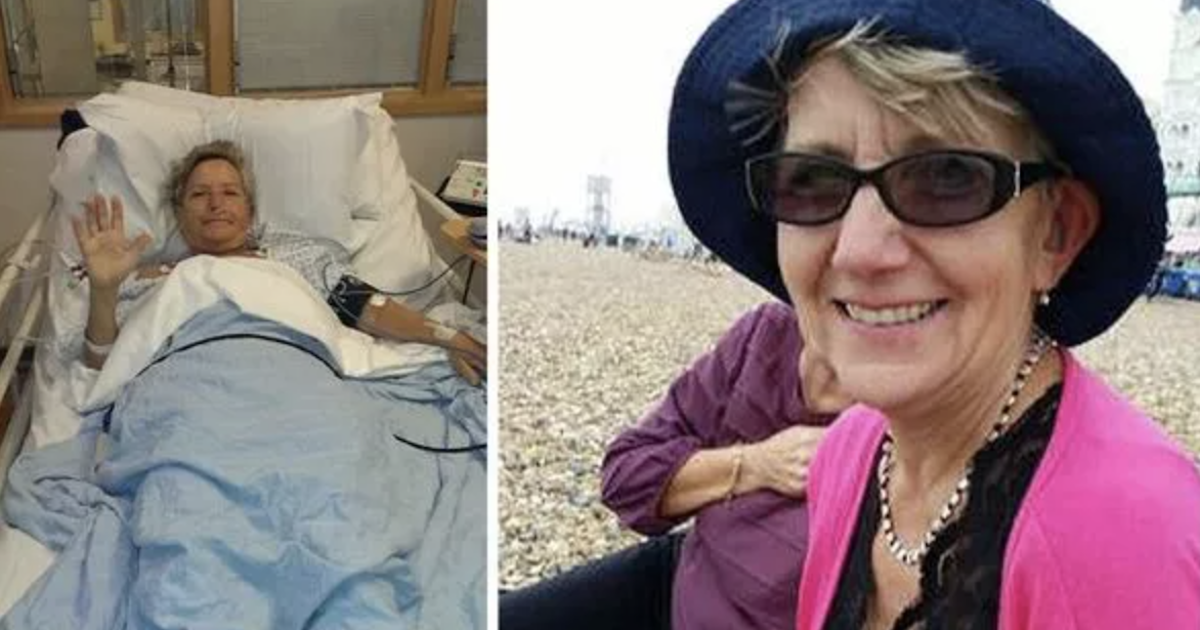A Survivor's Story & A Reminder About Colon Cancer Screening
- A 60-year-old teaching assistant was shocked to receive a colon cancer diagnosis after taking a precautionary test. She had no symptoms and felt “fit.”
- Her story serves as a reminder that colon cancer symptoms can often go unnoticed, and regular screening is crucial.
- In the U.S., it’s recommended that people begin colon cancer screening at age 45.
- Because colon cancer tends to be a slow-growing disease, those with average risk can often get away with screening once every 10 years.
Anne Parmenter, 60, told Express UK that an at-home bowel cancer test sent to her by England’s National Health Service (NHS) ended up saving her life. She told the outlet that she had joked with her students about getting a box to send her poo for examination, and said she wasn’t even going to send in a sample. Thankfully, she changed her mind.
Read MoreColon cancer screening guidelines
Catching bowel cancer, or colorectal cancer, early is key and can make the treatment process a lot easier. That’s why in the U.S., it is recommended that adults who have an average risk for the disease begin getting colonoscopies at age 45 and if everything looks good, continue screening every 10 years until age 75. After that, how often someone screens can be discussed with their doctor.
People who have a higher risk of colon cancer may want to consider beginning screening earlier.
“Colon cancer is a slowly progressing cancer,” Dr. Heather Yeo, a colorectal cancer surgeon at Weill Cornell Medical Center, told SurvivorNet in a previous conversation. “If you have any family history of colon cancer, you should be screened about 10 years before your family member had colon cancer. So, if you have a family member that was 53, you should be screened at 43.”
Dr. Heather Yeo explains why regular screening is critical in the fight against colon cancer.
“The other thing is if you have a family member, an immediate family member, who has a history of colon cancer, you should probably also make sure that you have no other risk factors,” she added. “Talk to a genetic counselor or a colorectal surgeon to try to figure out whether you have a higher risk of having colon cancer.”
Recognizing colon cancer symptoms
While colon cancer sometimes does not present symptoms, as was the case for Ms. Parmenter, it’s still important to be aware of symptoms associate with the disease, so you can call a doctor if these signs do begin to show up.
Common signs of colon cancer include:
- A change in bowel habits
- Blood in the stool
- Diarrhea or constipation
- A feeling that the bowel doesn’t fully empty
- Abdominal pain, aches, or lingering cramps
- Unexplained weight loss
These symptoms are also non-specific. They may not be related to cancer at all, but if you do develop one of more of these issues, it’s a good idea to speak to your doctor to rule out anything serious.
Questions to Ask Your Doctor
- When should I begin screening for colon cancer?
- Am I considered average risk?
- Should I consider genetic testing due to my family history?
Learn more about SurvivorNet's rigorous medical review process.


